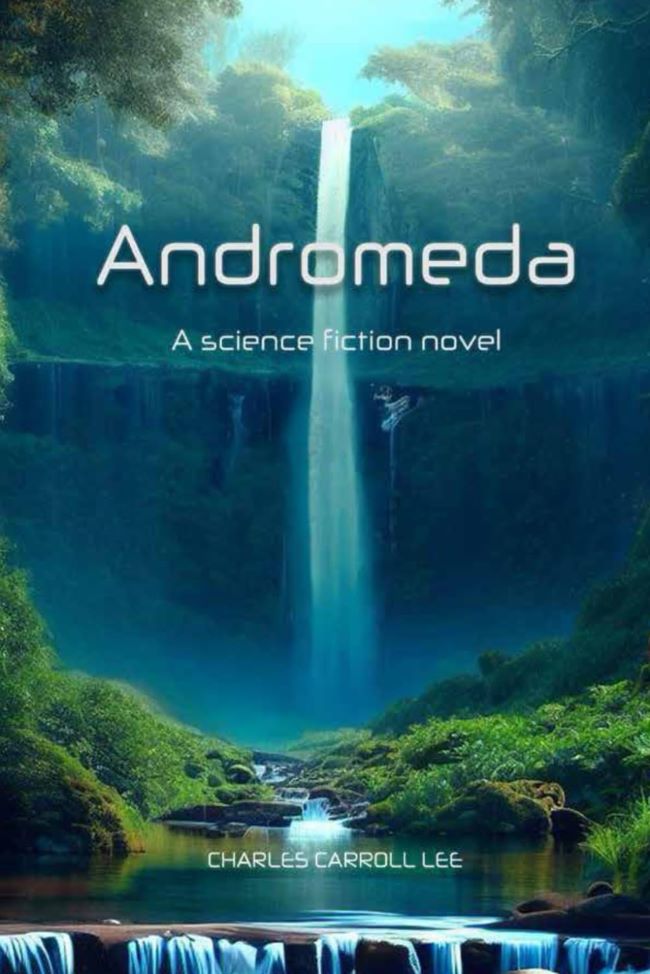Imagine a world where your memories could be modified at will. How would that impact your sense of self? In science fiction, the exploration of memory and identity often takes center stage. How? Let’s explore.
Memory as a Gateway to Identity
Memory shapes our identity and influences our actions. In science fiction, memory often becomes a focal point for exploring characters’ sense of self.
For example, in Philip K. Dick’s “Do Androids Dream of Electric Sheep?”, memory helps in distinguishing between humans and replicants. The ability to remember and experience emotions defines humanity and artificial life.
This raises important questions: What if our memories were manipulated or erased? How would that affect our identity?
As technology advances, science fiction often imagines worlds where our sense of self is challenged. In “Altered Carbon” by Richard K. Morgan, consciousness can be transferred between bodies, leading to complex questions about identity and the self.
If our memories and consciousness can be moved, what does that say about the core of our identity? This idea pushes the boundaries of traditional notions of self and raises ethical concerns about technology’s impact on personal identity.
The Search for True Identity
Sci-fi narratives often feature characters on a quest for their true identity, driven by the desire to understand themselves or uncover hidden aspects of their past. The process of self-discovery becomes a central theme, reflecting our own struggles to understand who we are.
In addition to exploring philosophical questions, memory in science fiction can add emotional depth to stories. Characters who grapple with lost or altered memories often face profound emotional challenges. This emotional weight can drive character development and make their journeys more relatable.
For example, in Charles Carroll Lee’s “Andromeda,” David Grant finds himself on Andromeda, a highly advanced planet, after entering a mysterious portal. As he adjusts to this new world, his memories of Earth and his loved ones influence his decisions. With Andromeda on the brink of a major conflict, David is torn between the beauty and tranquility of his new home and the pull of his past life on Earth.
This conflict exemplifies the complex relationship between memory and identity, as David’s choices are deeply influenced by his recollections and emotional attachments.

Charles Carroll Lee’s latest novel explores the complex relationship between memory and identity
Order Your Copy of Charles Carroll Lee’s Books Today!
Memory and identity are powerful themes in science fiction, offering a lens through which to explore fundamental aspects of the human experience. Whether through technological advancements, altered realities, or personal quests, these narratives push the boundaries of our understanding of self and memory.
Apart from Andromeda, Charles Caroll Lee is back with “Francine”, a novel packed with suspense, drama, and intrigue. This rollercoaster of a story will keep you hooked with its unfathomable schemes, all leading to a jaw-dropping conclusion. Immerse yourself in a tale you won’t be able to put down! Get your copy today.

0 Comments